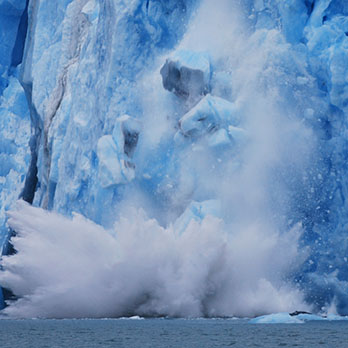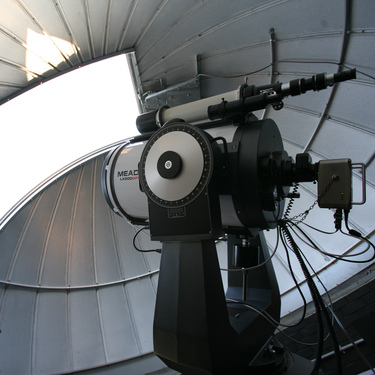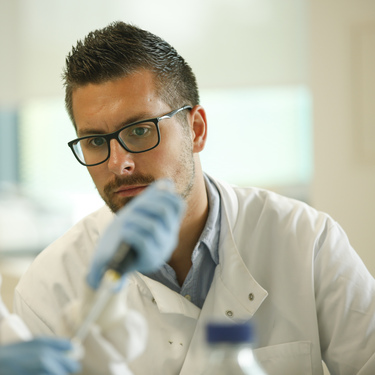Assoc Prof Chris Stopford
Pollutants in the atmosphere increase the amount of light absorbed by the polar ice caps, leading to more rapid ice melt. Identifying the sources of pollutants is an important step in changing our behaviour and reducing the amount of pollutants that we use, both globally and as individuals in our own daily lives.
High-tech monitoring of air particles that impact weather and climate change
Chris and his team develop a range of particle monitoring instrumentation to help us better understand how particles in the atmosphere impact climate change and air quality. These range from highly sophisticated instruments used on research aircraft to identify how the physics of a cloud impacts global warming, through to low-cost wearable particle sensors that monitor air quality.
The team’s technology is used on research aircraft by organisations including NASA and the UK’s Met Office to inform their weather forecasting and climate change modelling.
The team continues to develop more applications for their technology and believe that better monitoring and identification of different particles where clouds form in the upper atmosphere, such as pollutants, biological particles or other atmospheric dust, will improve climate and weather modelling and our understanding of how these particles will impact on climate change.
Partnering with Herts
Chris’s work is part of the University of Hertfordshire’s Centre for Climate Change Research (3CR). The centre brings together over 50 academic and research staff from all our Schools of Study to research one of the most urgent global issues affecting society.
The Centre for Climate Change Research collaborates with national and local government organisations, industry, research institutions and other universities here in the UK and internationally. Get in touch to discuss partnering with us to help power research into climate change challenges and solutions.
Professor Chris Stopford is Head of the Particle Instruments and Diagnostics Research Group.



